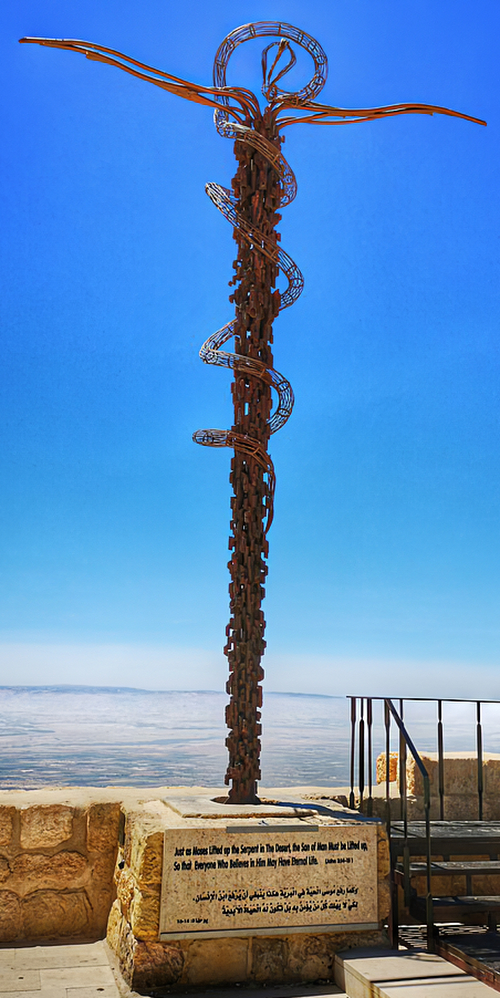
The cake is an English tradition for the fourth Sunday in Lent, known as Mothering Sunday. One scripture that is use
Galatians 4:26 “But Jerusalem which is above is free, which is the mother of us all.”
Stories
1 a tradition of visiting one’s mother after this particular service. Expecting their families, mothers would bake this cake to serve with tea.
2 Serving girls on estates and in households were allowed this Sunday off to visit their mothers.
3 A family would travel to its ‘Mother Church,’ or parish they were originally from, on this Sunday.
These cakes became popular over time for that occasion midway through Lent, which was a good time to break the fasting a little. Much like the third Sunday of Advent, ‘Stir Up Sunday,’ with its baking tradition.
“Simnel” is from the Latin ‘similis,’ as in similar or same, as the cakes were originally made with equal parts of flour and sugar.
Recipe is here
Below is simpler one.
| Ingredients |
| 1 ½ Cups butter
4 Cups flour
8 eggs
1 teaspoon salt |
4 Cups sugar
2/3 Cup grated lemon & orange peel
2 Cups currants
8 oz. (or more) almond paste |
| Mixing & Baking Directions |
 Cream butter and sugar until smooth. Cream butter and sugar until smooth.
 Add eggs singly, beating after each one Add eggs singly, beating after each one
 Sift and add flour and salt. Sift and add flour and salt.
 Dust peel and currants with flour and add to batter. Dust peel and currants with flour and add to batter. |
Read more




